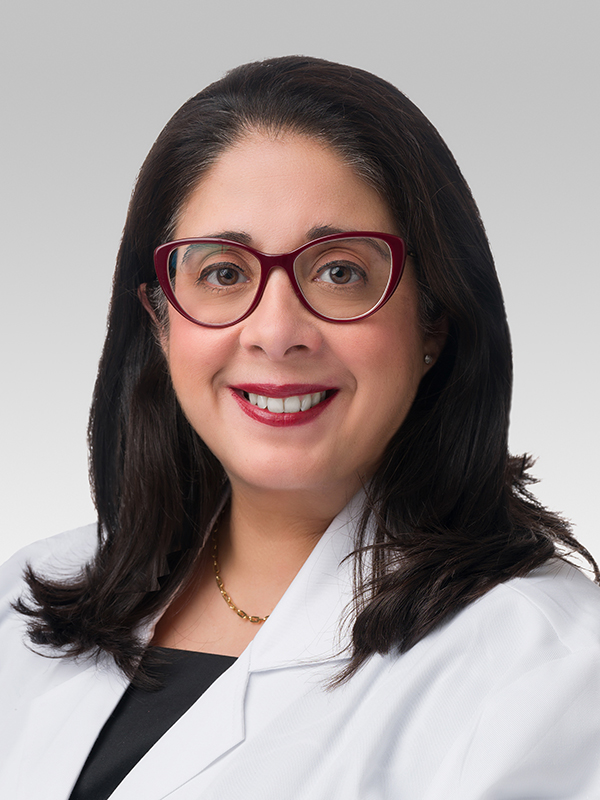
After earning her M.D. from Einstein, Dr. Irene Blanco completed an internal medicine residency at NewYork–Presbyterian Hospital and narrowed her focus to rheumatology as a fellow at Einstein. She then earned a master’s degree from Einstein’s Clinical Research Training Program. She joined Einstein as an assistant professor of clinical medicine in the division of rheumatology and rose to associate professor and to director of Montefiore’s rheumatology fellowship and lupus clinic.
Dr. Blanco, why did you decide to study medicine?
Dr. Blanco: “I like biology, I like science, and as the child of immigrants either you become a doctor, a lawyer, or an engineer. There wasn’t pressure to be a doctor, it was more like a pressure to have a good job. I love medicine, I love what I do, and looking back, there’s nothing I could have been other than a rheumatologist. It suits my interests and personality really well.”
What mentors at Einstein helped you in your career?
“Nilda Soto was a mentor for sure. Another was rheumatologist Meggan Mackay. She was my medicine clerkship and sub-internship director, helped to run the lupus clinic when I was a medical student, and was my mentor on my senior thesis. She had a huge impact on bringing me into rheumatology, and lupus in particular.”
How did your experience at Einstein influenced your career?
“It’s the reason for my career. Not only did it solidify the patient population that I wanted to work with, but it introduced me to rheumatology. My aunt in Ecuador has lupus. As a kid, I sensed that she had arthritis and was sick, but I didn’t know what that meant. At Einstein I learned. Rheumatologists Betty Diamond, Ann Davidson, and Cindy Aranow were especially influential. Exposing students to rheumatology is a big issue because if you can’t see it, you can’t be it.”
What is the professional accomplishment you are most proud of?
“I’m proud of establishing the DI committee for the American College of Rheumatology. It’s been a long labor of love. We made preliminary recommendations, and slowly but surely it became a standing committee that guides all DI efforts for the college. But working with the Einstein students was a highlight of my career. They feel passionate about who they are and who they take care of.”
What advice would you have given yourself in medical school, or what advice would you give our current and future students?
“We get so wrapped up in the minutiae that we forget to step back and appreciate the big picture. My program director during residency used to say that the days are long but the years are short. Yes, you need to study hard and pass your exams. But be with your friends, be with your family, appreciate all those things, too.”
2024 Alumni Awardees